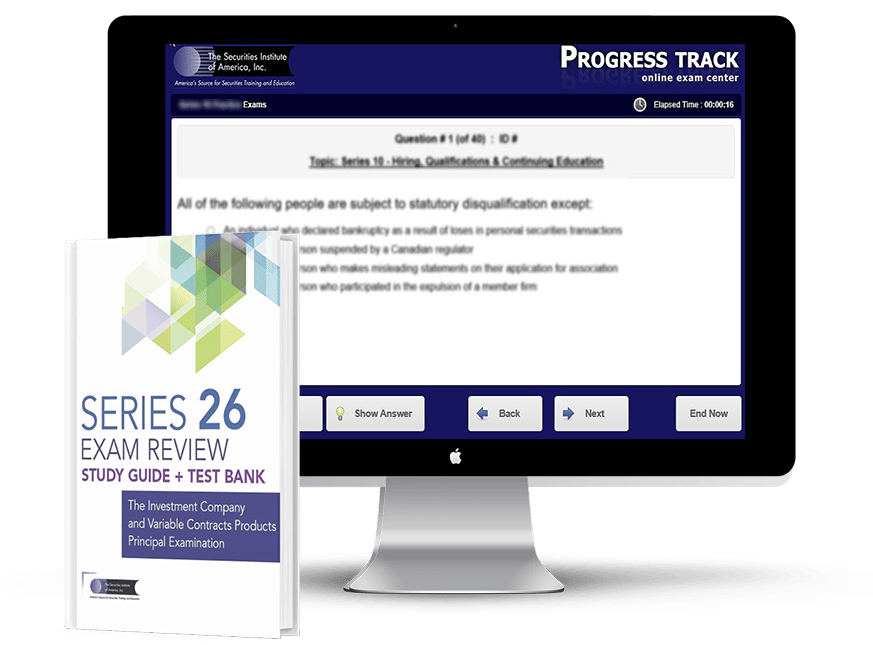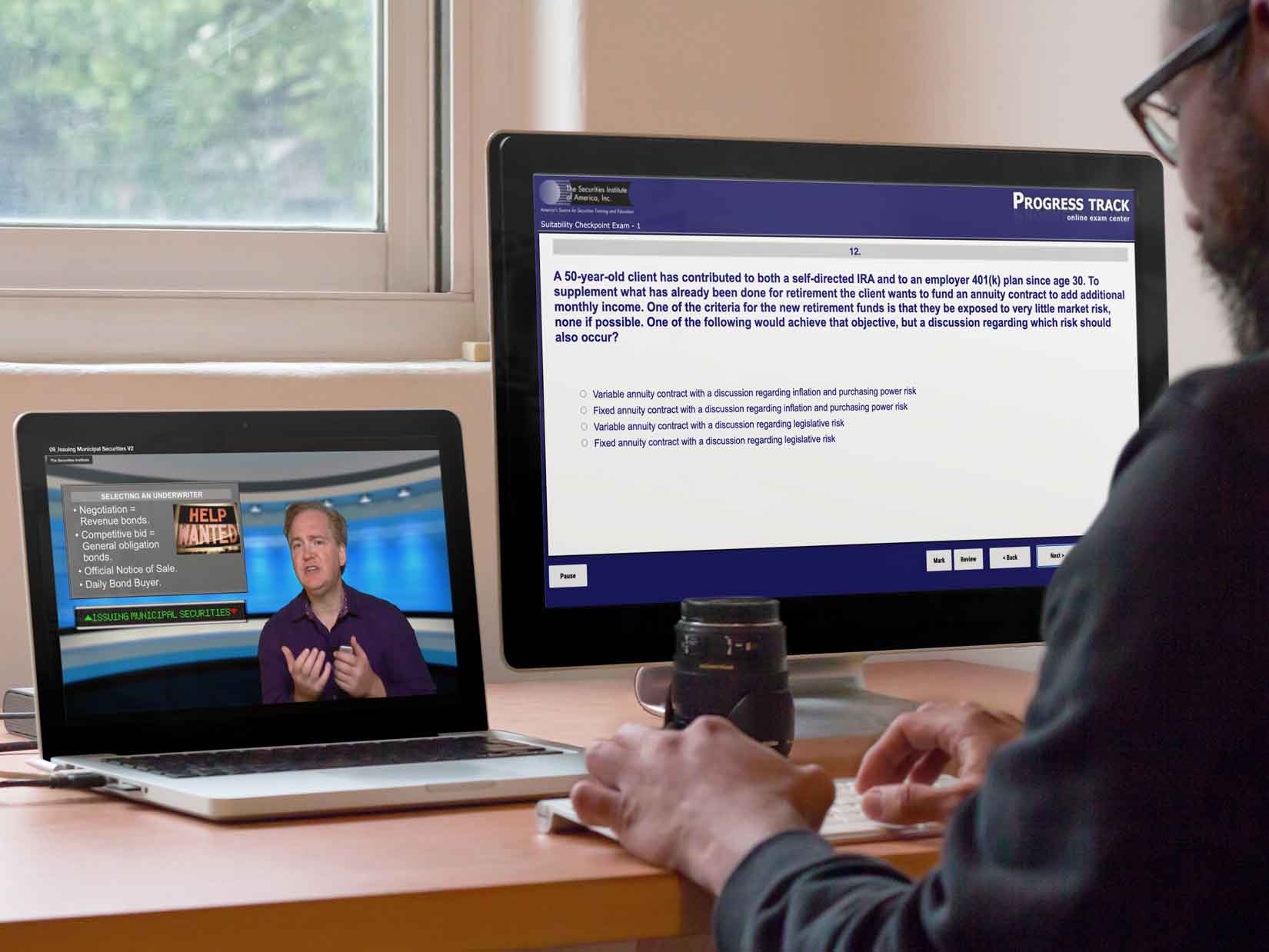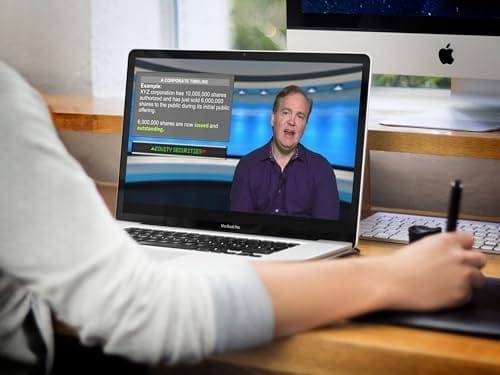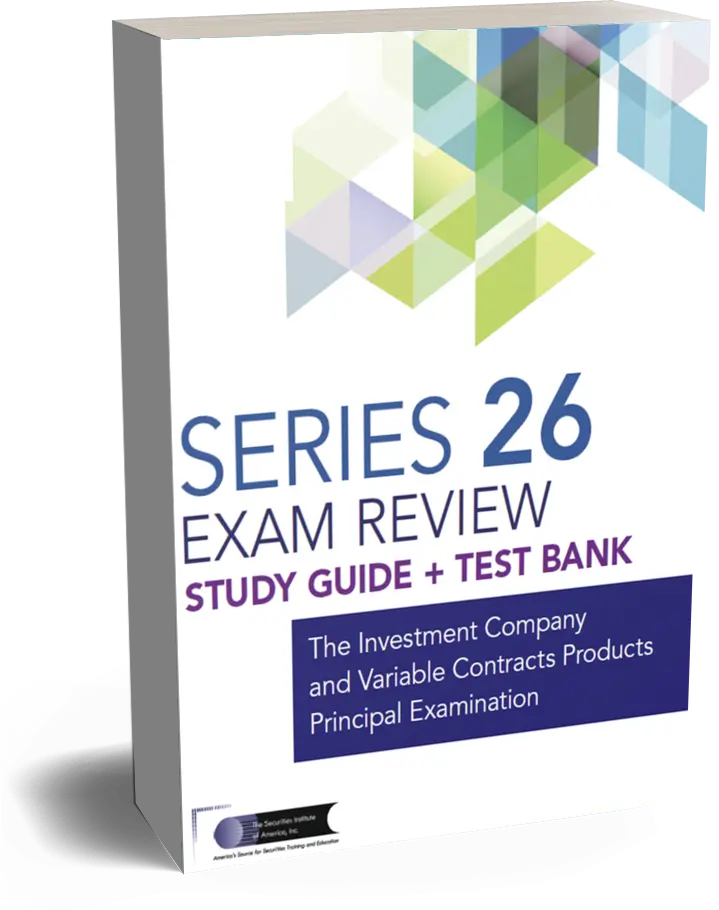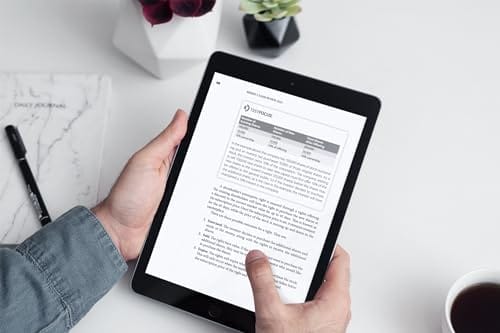Prepare to pass the FINRA Series 26 Licensing Exam Today
Series 26 Exam Prep Study Materials
Ace the FINRA Investment Company and Variable Contracts Principal Exam. Enroll in the ultimate series 26 exam prep course. Our series 26 securities training materials prepare you for success. Our best in class securities exam training course features:

Pass Rate
Over 25 years and 400,000 exams
Assured Success
If you use our practice exams
Chat & Call Support
We are with you every step of the way
Series 26 Exam Review Course and Study Material highlights:

Our high quality online video class training follows our comprehensive study guide. Showing you how the topics are tested on the real series 26 exam.

Our Series 26 practice questions and sample final exams provide comprehensive feedback. We show you how to select the correct answer.

Our Series 26 licensing exam manual, test banks and online class prepare you to pass. Containing all the test tips and tricks you need. And we ensure you pass with our Greenlight pass Guarantee.

Series 26 Student Experience Review – Play the video on the right for more detailed Information

 877-218-1776
877-218-1776 


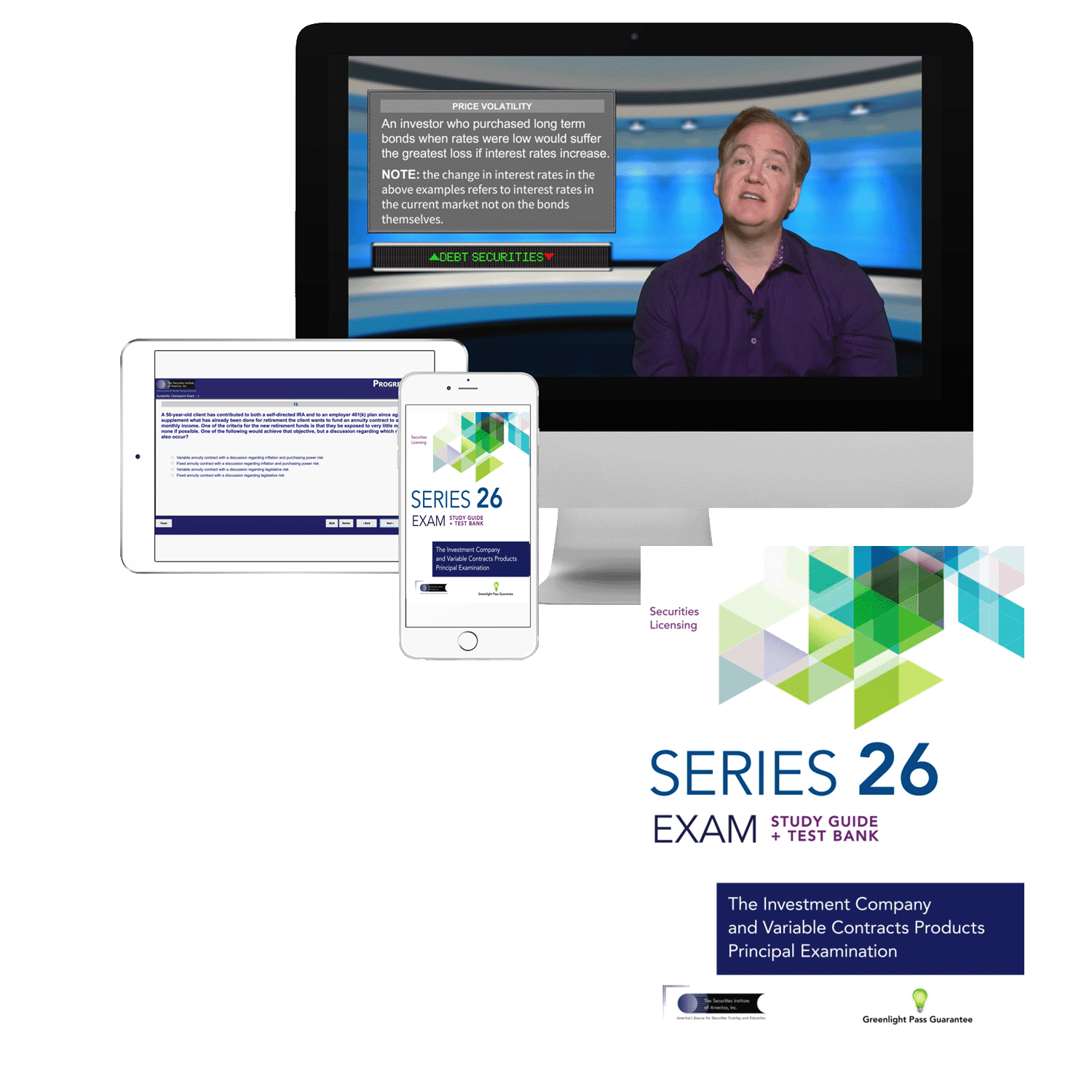

 Watch Demo Video
Watch Demo Video

